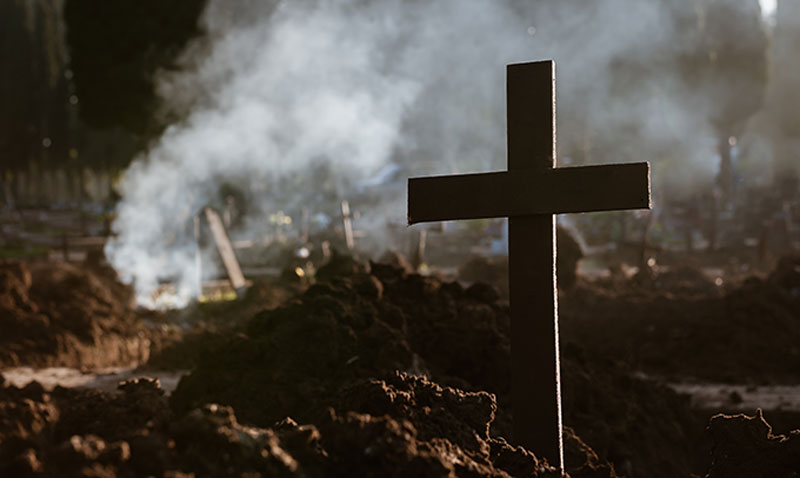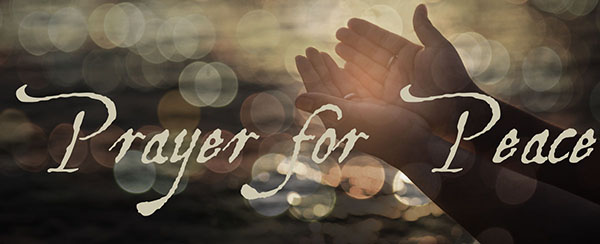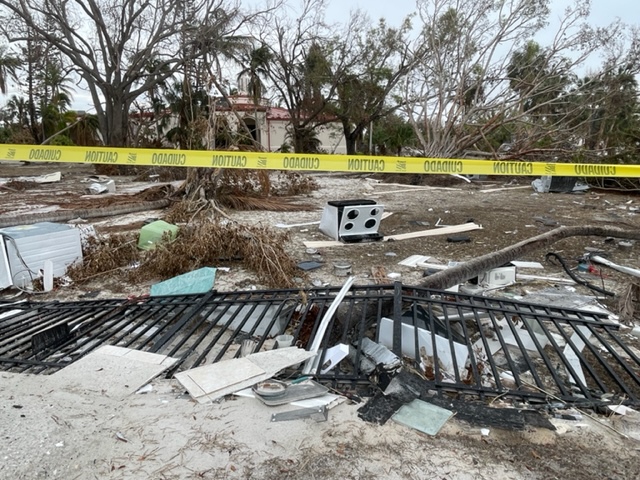The recent outbreak of war between Israel IDF and Hamas militants has the entire world on edge. The U.S. support of the war in Ukraine against the Russian forces is already straining the capacity of foreign aid overseas. How do we see the war? What can this mean for our investments?

Our original founders were inspired by a group of three individuals, one of which was Richard Enright, a former D.C. estate planning attorney, charitable planning pioneer, and advocate for worldwide religious liberties. His vision for all men to be inherently free and maintain religious liberty inspires us everyday.
We expected U.S. economic growth to slow in 2024, but did not expect to have the events of 2023 on top of this forecast. Bloomberg has addressed the conflict’s potential to disrupt the global economy and possibly tip it into recession if more countries are drawn into the fighting.
If the conflict does widen, we may see gas prices return to over $5 per gallon and, as a result, we will likely see costs for many of the products Americans depend on everyday…food, heating/cooling, jet fuel, and so on to rise dramatically. Holding onto our savings and investments will become a more urgent priority.
At the Stewardship Foundation, we do not have our head in the desert sand (so to speak). We are adamant about being good stewards with our donors’ money and will apply our skills as charitable gift consultants to protect our investors to the best of our ability. We pray that our foundational values of stewardship and the call to Christian conscience will provide the divine providence needed to manage risk and remain disciplined to stay the course during this difficult time.

